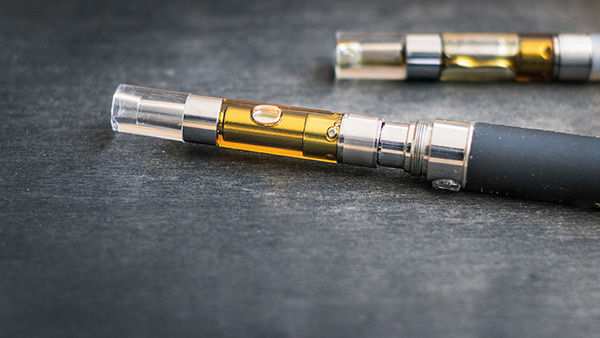On September 1, 2025, Texas enacted Senate Bill 2024 (SB 2024), establishing a sweeping prohibition on the sale and marketing of vape products containing THC and other cannabinoids—including Delta-8 and CBD—as well as disposable vapes, especially those from foreign-adversary countries or featuring packaging appealing to minors.
What Does SB 2024 Restrict?
- Retail sales and marketing of disposable vapes containing any cannabinoids are now illegal—violations are classified as Class A misdemeanors, punishable by up to 1 year in jail and/or a $4,000 fine
- The law also prohibits vaping products containing alcohol, kava, kratom, certain mushrooms, and those manufactured in so-called “foreign adversary” nations like China. Additionally, packaging designed to attract minors—such as candy or cartoon motifs, or products resembling school supplies—are banned.
- Crucially, possession of these products is not explicitly criminalized, which has prompted concerns about enforcement confusion and the potential for wrongful arrests.
Aftermath for Businesses and Consumers
Retailers dealing in vape products, especially those that relied on high-margin cannabinoid offerings, have experienced significant disruption—many witnessed near-sellouts as consumers rushed to purchase before the law took effect. In North Texas, one store owner noted the ban jeopardized both revenue and customer well-being, citing patients using vapes for autoimmune conditions FOX 4 News Dallas-Fort Worth.
Critics—including legal professionals—decry the law as poorly drafted and potentially harmful to small businesses, arguing that Texans can still procure these products online or from out-of-state, undermining state-level enforcement and sowing confusion.
The Broader Legal Landscape
SB 2024 comes on the heels of another legislative effort—Senate Bill 3—which aimed for a broader ban on all hemp-derived THC products. That bill was vetoed by Governor Greg Abbott on June 22, 2025, who instead called for regulated frameworks rather than wholesale prohibition.
Following SB 3’s failure, lawmakers proposed similar bans during special sessions (notably SB 5 and SB 6), but these efforts stalled in the House. As a result, non-vape THC products—including gummies, tinctures, and flower—remain legal under Texas law, provided they meet the state’s regulatory thresholds (e.g., THC under 0.3%).
Indeed, many hemp retailers voiced strong relief that their broader product offerings were still allowed, even as they brace for potential future regulation.
Why It Matters for Investors
- Retail Margins & Inventories: Businesses reliant on high-margin THC vape products likely faced steep losses and inventory writedowns.
- Regulatory Risk: Investors should closely monitor ongoing litigation, enforcement guidelines, and any further legislative changes in Texas that could tighten or clarify the hemp market.
- Consumer Shifts: With vapes banned but other consumables still legal, industry players may pivot to gummies, tinctures, and flower—which could influence supply chains and demand forecasts.
- Black Market Concerns: Critics warn this product gap may push consumers toward unregulated alternatives, increasing public health risks and complicating enforcement.
- Small-Business Vulnerabilities: Without clear possession rules, businesses and customers could face legal ambiguity—heightening litigation risk.
In summary, SB 2024’s vape ban dramatically reshapes the Texas cannabinoid retail landscape. While its focus is narrow—targeting evaporative delivery systems—its implications are broad, reshuffling consumer preferences, business strategies, and regulatory dynamics. For investors eyeing the hemp and wellness sectors in Texas, navigating this evolving terrain will demand staying informed on legislative updates and enforcement developments.


